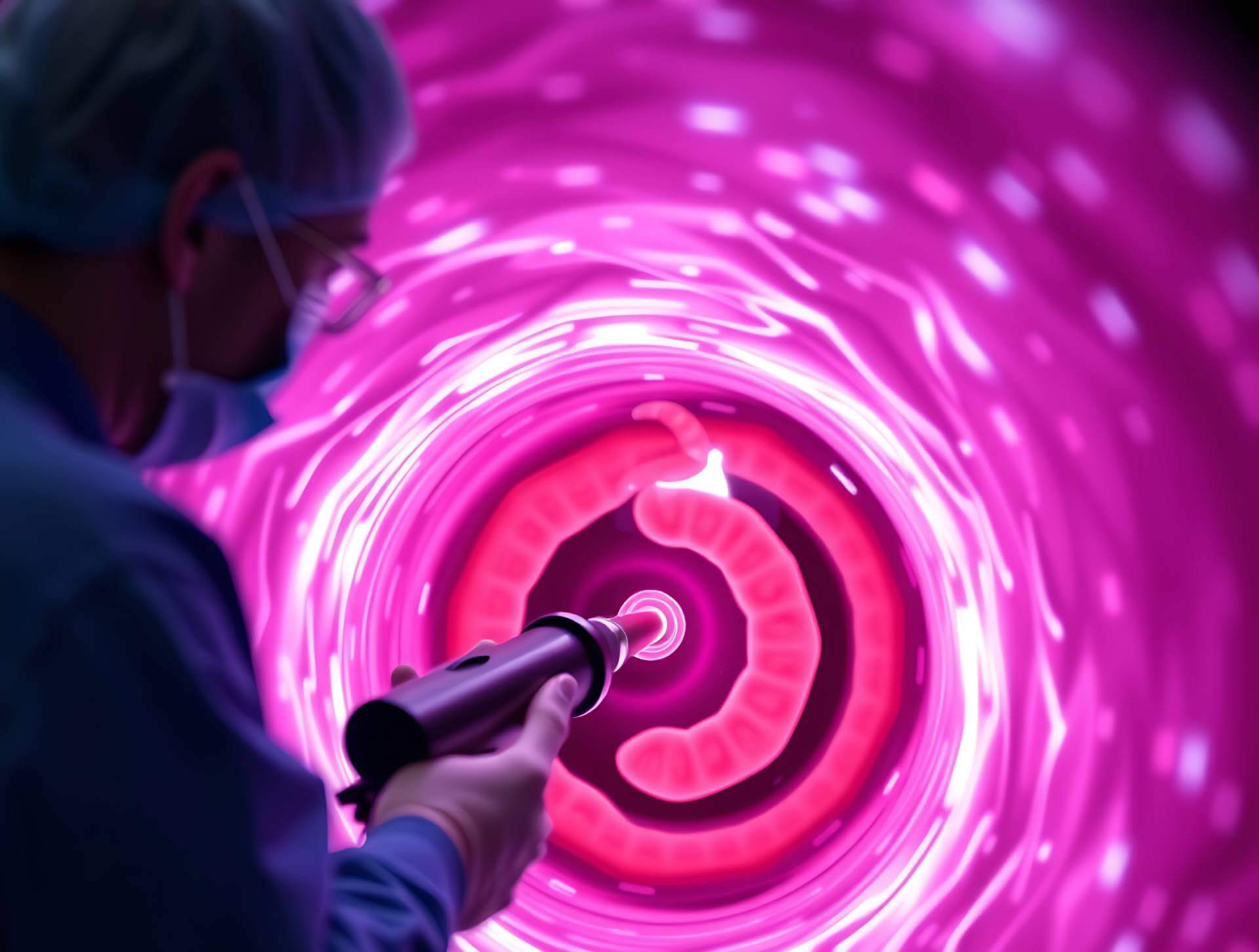Cancer of the colon affects the lives of millions of patients every year. When detected early, colon cancer can generally be treated effectively, offering a high survival rate. Having routine colorectal cancer tests allows physicians to look for premalignant growths in the large intestine (colon) and rectum, and evaluate for any changes should a patient’s risk of developing the disease prove to be high. Even though most patients understand what a colonoscopy is, not as many are familiar with the difference between a screening colonoscopy and a diagnostic colonoscopy procedure. At GI Alliance, our board-certified gastrointestinal (GI) doctors commonly complete screening and diagnostic colonoscopies for adults throughout the United States. Read on to learn more about these types of colonoscopy procedures, when they could be needed, and how they might help protect your general and digestive health.
What are screening colonoscopies?
The gastroenterologists at GI Alliance may recommend a screening colonoscopy to examine for abnormal tissues in the colon or rectum, growths (polyps), or other indications that colorectal cancer could potentially occur. A screening colonoscopy, also called a preventive colonoscopy, is typically recommended once every ten years for people age 45 and over who show no signs or symptoms and who are at average risk for colon or rectal cancer. Such screenings also create baseline data to which subsequent colonoscopy results can be measured. Candidates for a screening colonoscopy exam typically are those who exhibit:
- No history of growths or other irregularities in the colon
- No family history of colon or rectal cancer
- No signs or symptoms of GI health conditions
- No current or previous gastrointestinal diagnoses
- No personal history of colon cancer
When is a diagnostic colonoscopy recommended?
Should any indications of precancerous or cancerous areas be detected, our digestive health specialists will generally recommend a diagnostic colonoscopy exam. These instances could include having previous concerns (like colon polyps) or receiving a positive noninvasive colon cancer screening, such as Cologuard®, which is a home-based testing process. Diagnostic colonoscopies, additionally referred to as follow-up or surveillance colonoscopies, vary from screening colonoscopies given in that they are performed when there is a greater probability that cancer is likely to occur or when there are indications that colon or rectal cancer may be present. Typical candidates for a follow-up colonoscopy are often individuals who have:
-
- A history of digestive health conditions
- A personal history of colon cancer
- Positive colon cancer screening tests
- Past or current gastrointestinal symptoms
- A history of polyps or other tissue abnormalities
What else should I know about screening vs. diagnostic colonoscopies?
Colonoscopies are very crucial for finding and preventing the development of colon cancer. Though a screening colonoscopy and a diagnostic colonoscopy are commonly carried out in the same way, they are provided for different reasons. The amount insurance policies cover for screening vs. diagnostic colonoscopy procedures often varies. Given this fact, it’s essential to review your insurance benefits and consult your carrier to understand your particular policy and coverage amounts.
Find a colonoscopy doctor near you
Undergoing colonoscopies as recommended by a GI doctor is vital to preserving your digestive wellness and general health. Our colonoscopy doctors believe in a patient-centric approach to care and partner personally with each individual to help make sure their gastrointestinal concerns are addressed. For additional information or to reserve a colonoscopy consultation, please contact a GI Alliance location near you today.


